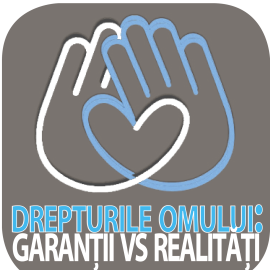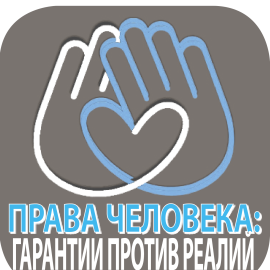back
Domestic violence cases on the rise due to COVID-19 gridlock

The self-isolation regime imposed during the state of emergency to mitigate the spread of COVID -19, forced people to stay at home and put victims of domestic violence at risk.
The self-isolation regime imposed during the state of emergency (17 March - 15 May 2020) to mitigate the spread of COVID -19, forced people to stay at home and put victims of domestic violence at risk. They are forced to stay with the abuser all the time and there is a risk that they will not be able to report the abuse. Human rights experts advise victims to report the abuse to the law, their neighbours or others who can help them and not to tolerate any abuse. Victims are in captivity According to data provided by the Inspectorate General of Police (IGP), 678 cases of domestic violence were registered in the first three months of this year, 82 more than in the same period last year. This statistic includes the first two weeks after the declaration of the state of emergency. At the same time, according to the IGP, 173 protection orders were issued to victims of domestic violence in the first three months of the year. In 2019, during the same period, judges approved 157 protection orders. Human rights experts also report an increase in the number of complaints from victims of domestic violence. Liliana Istrate-Burciu, manager of the helpline for victims of domestic violence, run by the International Centre "La Strada", says the number of calls has increased because during this period victims are in captivity, closer to their aggressors: "Being in isolation, they do not always have the opportunity to report to the authorities. Even so, if in the first two weeks of March the number of calls was constant, a bit diminished, then since April the number has increased and has now reached 171 calls. We are talking about the period from 17 March to 16 April." Urban women more vulnerable Liliana Istrate-Burciu says that urban women are more vulnerable during this period, adding that most calls came from women living in cities: "Most calls came from Chisinau. Living in the village makes it easier for people to overcome self-isolation. There are restrictions, but in the villages there is a garden, a summer kitchen, anyway the victim has somewhere to go if she is subjected to violence. It's harder for people in the city, for those who live in apartments." She concludes that the restrictions imposed during this period, including financial ones, can provoke and even amplify the abuser's aggression. For her part, Lilia Potâng, a lawyer with the Promo-LEX association, which defends victims of domestic violence, says she hasn't received many complaints from women victims of violence, but that doesn't mean the problem doesn't exist. The lawyer explains that the victim, being always near the perpetrator, is unable to report the abuse: "In a quarantine situation, many of the victims may have to stay at home with the perpetrators. And they may not have free access to the phone or be deprived of the phone and then they cannot call for help". With the introduction of states of emergency, the number of reports of domestic violence has also increased internationally. In this context, UN Secretary-General Antonio Guterres has called on the authorities to take urgent action to protect victims of domestic violence. The protection order is issued by judges even during a state of emergency. Even if it is a more difficult time, victims of violence are encouraged to find a way to report abuse. Diana Fetco, spokeswoman for the Inspectorate General of Police, says victims of domestic violence can call the police on 112, make a written report or go to police stations and ask for protection. According to the Law on Preventing and Combating Domestic Violence, if the police officer on the scene finds that the level of risk is high, he will place the victim under protection and force the aggressor to leave the home, imposing certain restrictions for a period of up to 10 days. During this period, the victim has the right to apply for a protection order, which is examined by the judges within 24 hours. The victim is also entitled to free legal assistance from the state. Emergency apartments - a temporary refuge for victims during a state of emergency Lilia Potâng points out that during this period community centres that used to house victims of domestic violence have been closed. However, some organisations have found a temporary solution to protect victims during the emergency. For example, the National Coalition "Life without Family Violence" is providing emergency apartment placements for women and their children. The beneficiaries are housed free of charge in emergency accommodation by the organisations to which they have applied. From 30 March to 21 April, four women with four children were placed in such apartments. Both during and after the state of emergency, victims of domestic violence are encouraged to report any abuse, either to the police or to the Trusted Line (0 8008 8008), which continues to offer legal aid and psychological counselling services both by phone and online. Dictionary: Domestic violence - acts of physical, sexual, psychological, spiritual or economic violence, excluding acts of self-defence or defence by another person, including threats of such acts, committed by a family member against another member of the same family, whereby material or moral harm has been caused to the victim; Protection order - a legal act by which the court applies protective measures to the victim. Source: Law on preventing and combating domestic violence Mariana Jacot

